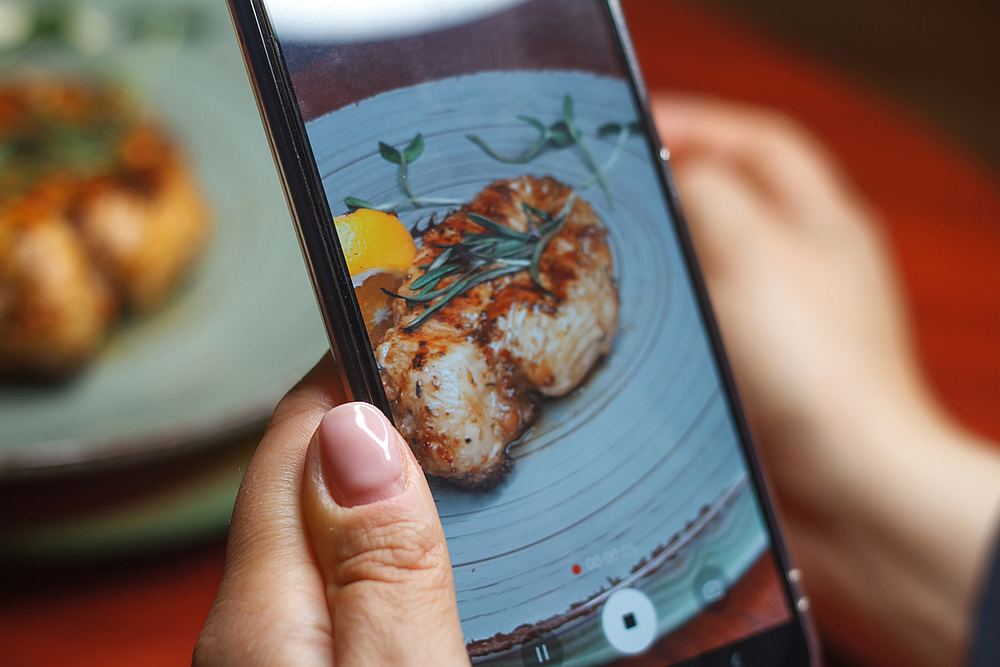LONDON, Feb 11 — New UK research has found we tend to eat more healthy foods, or conversely more unhealthy food, if we see our friends doing the same on social media.
Carried out by researchers at Aston University, the new study recruited 369 university students and asked them to report their body mass index (BMI) as well as their daily consumption of fruit, vegetables, 'energy-dense snacks' and sugary drinks. They were also asked to estimate how often their Facebook peers ate these foods on a daily basis.
The findings, published in the scientific journal Appetite, showed that the participants ate an extra fifth of a portion of fruit and vegetables for every portion of fruit and veg that they thought their Facebook friends were eating. In other words, if they thought that their friends were eating their 'five a day' of fruit and vegetables, then they were likely to eat an extra portion themselves.
However, just as social media appeared to influence healthy eating habits, it also appeared to influence unhealthy ones. The team found that Facebook users consumed an extra portion of unhealthy snack foods and sugary drinks for every three portions they thought their social media peers ate, suggesting that we could be eating a third more junk food if we think our friends are doing the same.
The researchers explain that the perceptions of what friends are eating could have come from seeing their posts about the food and drink they consumed, or simply a general impression that participants had of their friends' overall health.
However, despite the participants's diets appearing to be affected by what they believed their friends were eating, the researchers found no significant link between the participants' eating habits and their BMI, although they said they would need to research this further over a longer period of time.
The researchers noted that the findings provide the first evidence to suggest our online social circles could be influencing our eating habits. Aston University health psychology PhD student Lily Hawkins, who led the study alongside supervisor Dr Jason Thomas, also commented on the findings saying, “This study suggests we may be influenced by our social peers more than we realise when choosing certain foods. We seem to be subconsciously accounting for how others behave when making our own food choices.
“So if we believe our friends are eating plenty of fruit and veg we're more likely to eat fruit and veg ourselves. On the other hand, if we feel they're happy to consume lots of snacks and sugary drinks, it can give us a 'licence to overeat' foods that are bad for our health.
“The implication is that we can use social media as a tool to 'nudge' each other's eating behaviour within friendship groups, and potentially use this knowledge as a tool for public health interventions.” — AFP-Relaxnews






















